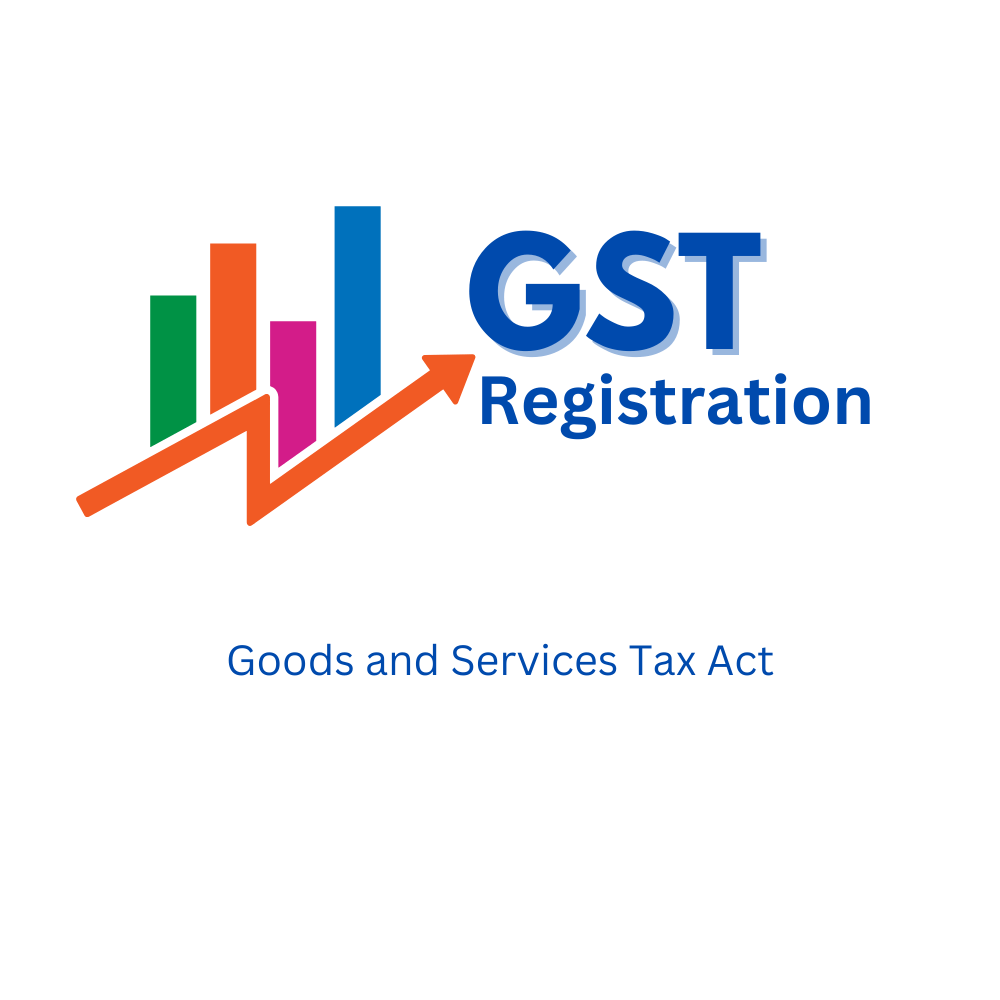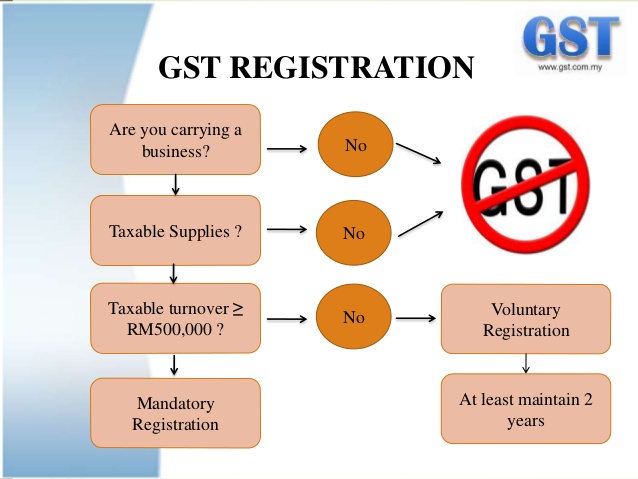Inexpensive Alternatives for the Best GST Registration Services in Singapore
Inexpensive Alternatives for the Best GST Registration Services in Singapore
Blog Article
From Beginning to End Up: The Ultimate Roadmap to GST Enrollment for Services Looking For Financial Stability
Browsing the complexities of Goods and Provider Tax (GST) registration is a critical action for organizations pursuing financial stability. From comprehending the basic concepts of GST to conforming with post-registration standards, the process can seem discouraging at initial glance. Nevertheless, breaking down the roadmap right into convenient actions can enhance the enrollment journey for services seeking to boost their economic standing. Allow's explore the essential parts that make up this utmost roadmap and uncover exactly how each phase adds to laying a strong structure for monetary success.
Recognizing GST Fundamentals
Looking into the essential concepts of Product and Provider Tax (GST) is crucial for gaining a thorough understanding of its effects on businesses and the economy. GST is a value-added tax levied on many goods and solutions for residential intake. It has changed numerous indirect taxes that existed in the pre-GST age, simplifying the tax structure and improving ease of doing organization in India. Under the GST system, both services and goods are tired at a specific rate, which is determined based upon their category. If their yearly turnover surpasses the threshold restriction established by the government, organizations are needed to register for GST. Input Tax Credit Score (ITC) is a considerable function of GST, allowing services to declare debt for taxes paid on inputs, minimizing the overall tax problem. Understanding the fundamentals of GST is crucial for organizations to adhere to tax obligation laws, manage their funds successfully, and add to the nation's economic growth by joining a transparent tax system.
Eligibility Criteria for Enrollment
As of the present regulations, the threshold limitation for GST registration is a yearly accumulation turn over of 40 lakhs for organizations operating within a state, other than for unique category states where the limit is 20 lakhs. Additionally, certain companies are needed to register for GST irrespective of their turnover, such as interstate suppliers, casual taxable individuals, and businesses responsible to pay tax obligation under the reverse fee device. It is vital for companies to thoroughly evaluate their turn over and purchase kinds to identify their GST enrollment responsibilities accurately.
Files Needed for Registration
Having actually met the eligibility requirements for GST enrollment, services should currently ensure they have the requisite documents in location to continue with the enrollment process successfully. The records required for GST registration commonly include evidence of company constitution, such as collaboration action, enrollment certificate, or incorporation certification for various types of businesses. Additionally, organizations need to offer files developing the major place of company, such as a rental agreement or electricity bill.
Step-by-Step Registration Process
Beginning the GST enrollment process involves a collection of organized actions to make certain a compliant and smooth registration for organizations. The very first step is to go to the GST website and submit the enrollment form with exact information of the service entity. Following this, the applicant receives a Temporary Referral Number (TRN) go which is made use of to resume the application process if it's not finished in one go.
Next, all needed papers as per the list provided by the GST portal need to be submitted. These records generally consist of proof of service registration, identity and address proofs of promoters, financial declarations, and business entity's frying pan card.

Post-Registration Compliance Guidelines

Final Thought
Finally, organizations looking for monetary stability should recognize the fundamentals of GST, fulfill eligibility requirements, collect necessary documents, adhere to the detailed registration procedure, and abide with post-registration standards - Best GST registration services in Singapore. By sticking to these steps, services can make certain compliance with tax obligation regulations and keep monetary security over time
Furthermore, certain organizations are required to sign up for GST irrespective of their turnover, such as interstate vendors, laid-back taxed persons, and businesses accountable to pay tax obligation under the reverse fee mechanism.Having met the eligibility criteria for GST registration, businesses should currently ensure they have the requisite records in place to proceed with the enrollment procedure efficiently. The papers needed for GST registration commonly consist of evidence of business constitution, such as partnership act, enrollment certification, or consolidation certificate for different types of organizations. Furthermore, businesses require to supply records establishing the principal location of company, such as a rental contract or power costs.Beginning the GST registration procedure entails a series of organized actions to make certain a compliant and smooth registration for businesses.
Report this page